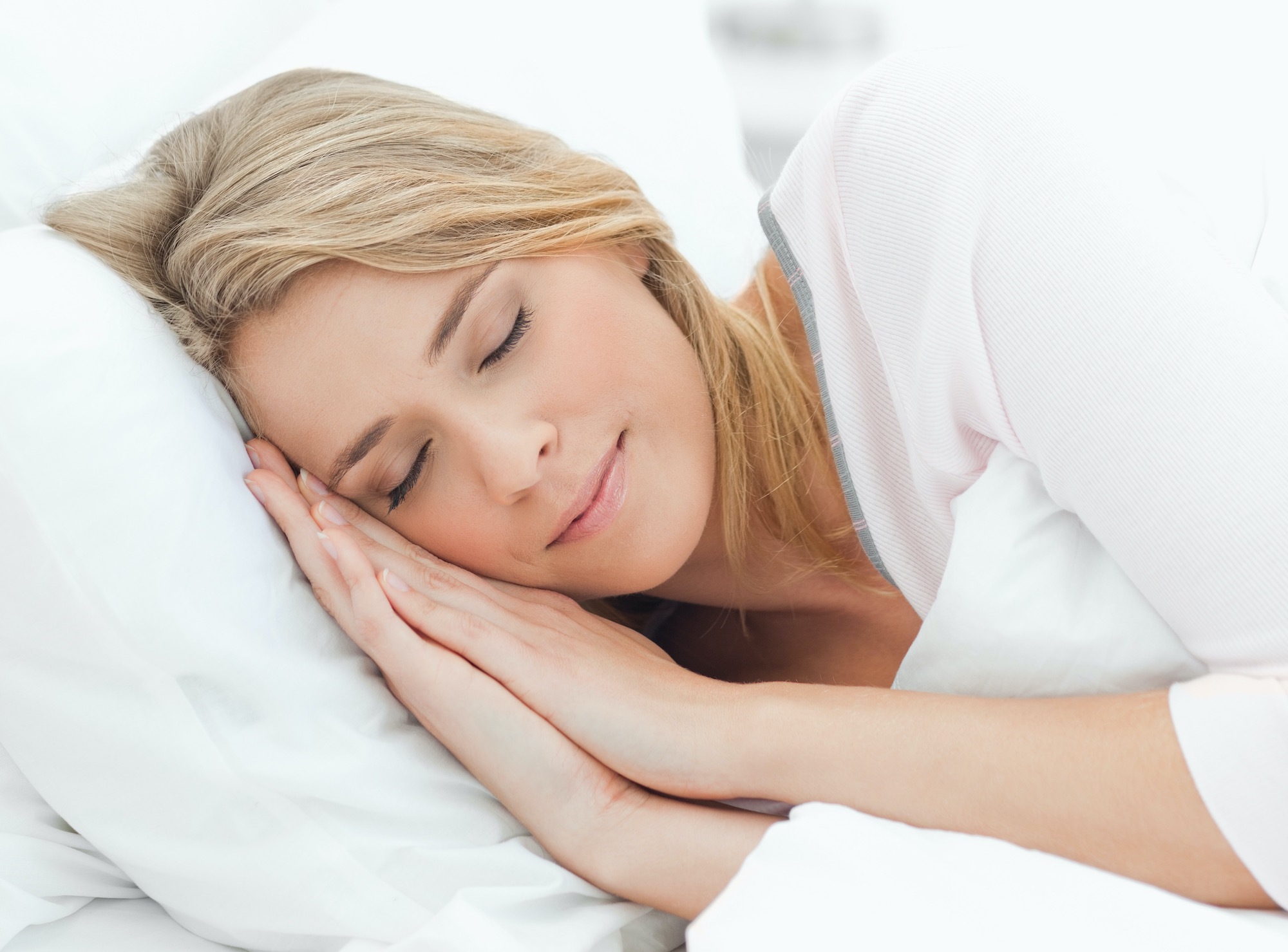If you’re finding it hard to fall asleep at night, you’re not alone. With our increasingly hectic lifestyles and all the technology we surround ourselves with, sleep onset insomnia is a growing problem in today’s modern world.
The good news is, that there are probably a few clear causes for your sleep problems, which you can identify and make adjustments to. In this post, I came up with five steps that will show you how to do just this, so you can drop into deep slumber the moment your head hits the pillow.
Before that, let’s take a quick look at what causes us to feel sleepy or awake in the first place.
Cortisol for the morning, melatonin for night
As the sun goes down and darkness approaches, our brains produce melatonin, the sleep hormone, which we need to fall asleep. In the morning, as the sun rises, our brains produce cortisol, the wakefulness hormone we need to feel a sense of urgency and excitement.
In the evening, it’s important to do things that encourage the rise of melatonin, and avoid activities that produce cortisol. Most people who have trouble falling asleep are doing the opposite. They do things in the evening that suppress melatonin and increase cortisol, which inevitably interferes with their ability to nod off. Here are a few ways to fix these bad habits.
5 Easy Ways to Fall Asleep Faster
1. Cut out the blue screen light
Blue light from your phone or laptop inhibits your body from producing melatonin. It’s best to stay away from screens for at least an hour before you sleep. You can also use blue light-restricting apps such as f-lux to automatically reduce this particular kind of light on your screens as night approaches.

2. Avoid mentally stimulating activities
Your mobile phone can be a real sleep killer. Many of the apps you use for news or entertainment, including social media, are designed to stimulate your brain. This produces cortisol, which is fine in the morning, but not a good idea at night. As evening comes on, force yourself to put the phone aside.
The mental stimulation that produces cortisol includes planning and thinking about the future. Try to avoid talking or thinking about work or general life worries. Reading fiction is one good way to relax and distract your thoughts.
3. Go to bed at the same time each night
The natural daily cycle of your mind’s melatonin and cortisol production, known as your circadian rhythm, is encouraged by regular routine. Try to wake up at the same time every morning, and also go to bed at the same time each night.
This way, your body comes to understand well when you’re supposed to be getting tired and ready for sleep. Your melatonin will increase at just the right moment each evening, and with it will come the lovely drowsiness you need to slip into sleep.
4. Prepare a before-bed ritual
You might now be able to see that sleep begins long before you actually get into bed. Your mind and body start to prepare one or two hours earlier. Help this process along with a relaxing ritual.
An hour before sleep, you could dim the lights and put away all your screens. You might like to take a bath or hot shower, read a book, or do other relaxing activities. Consciously begin to relax your mind and body. If set up a sleep ritual, you’ll notice a huge gain in sleepiness as you tuck yourself in.
5. Keep caffeine to the early morning

Caffeine makes you feel awake by inhibiting the natural processes of sleepiness hormones. This may be fine in the early morning, but take care not to drink coffee too late in the day.
Caffeine has a half-life in your body of six hours. This means that if you consume 200mg of caffeine at midday, then at 6 pm you still have 100mg in your bloodstream, and at 12pm-midnight you have 50mg of caffeine in your system.
That’s the equivalent of drinking a quarter-cup of coffee just before bed, and expecting to sleep well. It’s best to keep caffeine to the very early morning alone if you drink it at all.
For those suffering from sleep onset insomnia, falling asleep becomes a stressful challenge. But when you know the factors causing your sleep problems, you regain a sense of control and find you can solve your problem.
Take action with these five very effective sleep strategies, and you’ll soon be falling asleep easily, and sleeping like a baby throughout the night.
Hi – I’m Alina and I am a soon to be mom going through the journey of becoming a parent. I am a writer at heart and I love sharing about pregnancy tips and other busy mom hacks.
